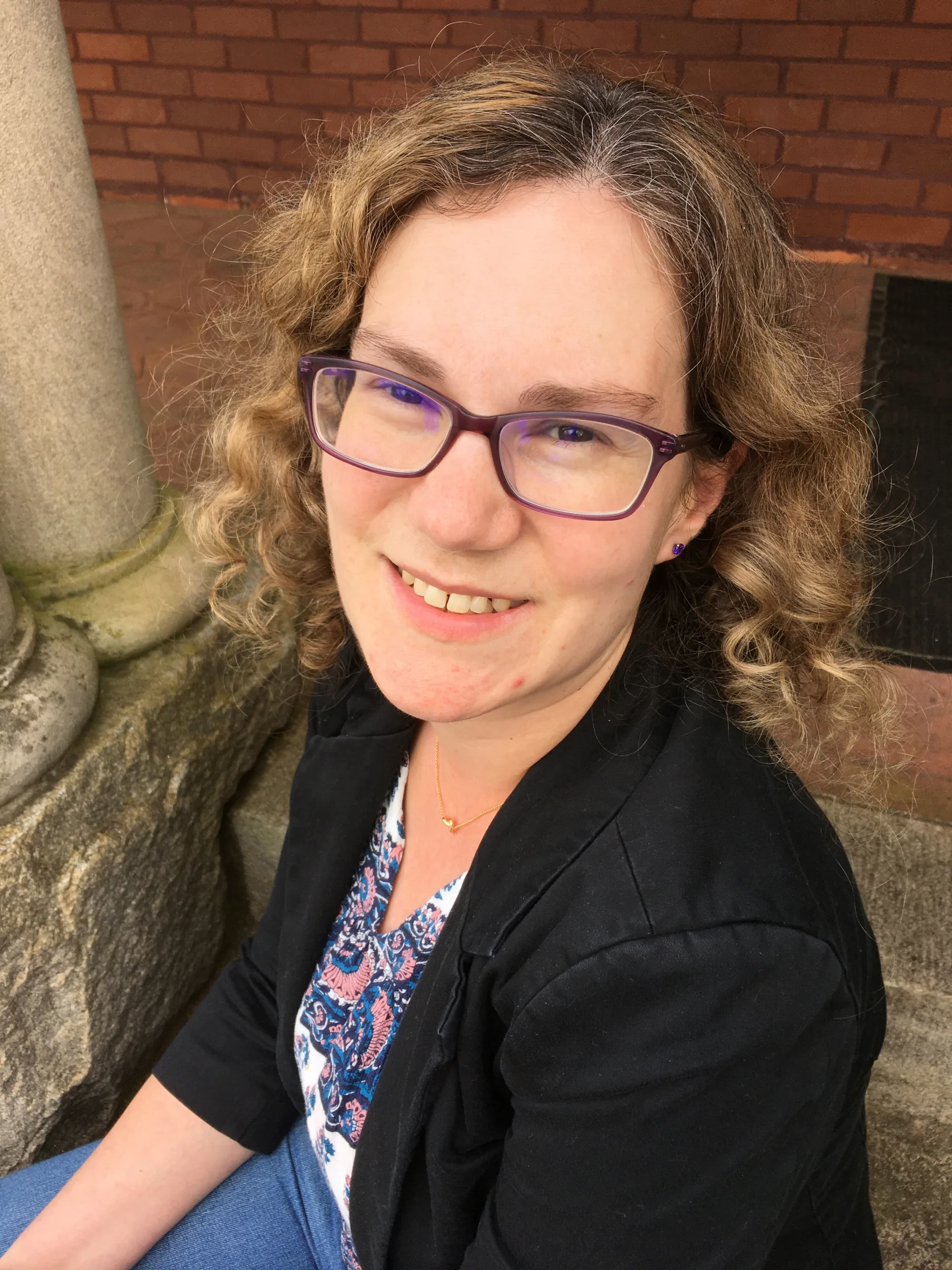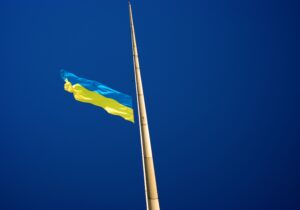It was in seventh grade that Schindler’s list came up in history class in my Israeli middle school—a low-ceilinged first-floor classroom in a nondescript brick rectangular building, located an easy few minutes’ walk from the school’s bomb shelter where we sometimes had practice drills, and other times simply held PE class. This was, after all, just a few years after the Gulf War, so memories of the SCUD missile attacks on the country were fresh. But on the morning in question, the focus was on history, not current events. In the momentary somber still following the lecture, a classmate piped up to say, “my grandfather, may his memory be a blessing, was on Schindler’s list.” The rest of us merely nodded. Somehow, no one in this group was shocked to hear this.
This was ca. 1993, and Israel seemed young. So many of the political leaders then had also been leaders in the wars around the country’s founding—like Itzhak Rabin, then in his second term as Prime Minister. In other words, memories of the Holocaust and of the country’s founding were yet fresh for many, including my mother, who had grown up in Ukraine and immigrated to Israel with our entire family shortly before her fortieth birthday in 1991. That Ukrainian connection is significant.
While many American evangelicals are rightfully outraged at recent attacks on Israel, the continuing violence against Ukraine is becoming an increasingly peripheral concern. And yet, I contend, any evangelical now claiming to feel sorrow for the Jewish nation should feel just as much mercy and compassion for Ukraine, the history of which is inextricably linked with Israel.
A century ago, the region that is modern-day Ukraine and Russia was filled with Jewish communities, including my mother’s. She was born in Galicia, a region at various times part of the Austro-Hungarian Empire, Poland, and Ukraine within the USSR. Though political structures changed, anti-semitism remained the region’s one constant, accompanying the vibrant Jewish culture of communities who banded together up until 1941 to live according to the rigid dictates of their faith, including the use of their own language—Yiddish. This was the world of Tevye, everyone’s favorite fictional milkman, courtesy of Fiddler on the Roof, based on the Yiddish-language stories of the Ukrainian Jewish writer Sholem Aleichem. In real life, though, there was probably more stress, less singing. And there was famine to contend with by the 1930s too, as Stalin’s genocidal policies squeezed the region, starving an estimated three million Ukrainians, Jews and others alike, Anne Applebaum has noted.
Periodic pogroms against the Jews shook the region. To escape the violence, a trickle of Jews made their way to Israel beginning in the late 19th Century, first under the Ottomans and then the British. One of these immigrants, the poet Naftali Herz Imber, from the same region as my mother, composed in 1878 the poem that would become seventy years later Israel’s national anthem, “Ha-Tikvah,” or “The Hope”—for a new country where the Jewish people could live free from persecution.
Immigrating to Palestine as Imber did in the late 19th Century was risky. Yet, as the 20th Century would show, those who immigrated made the right choice. Marching through Ukraine and Poland in 1941, the Germans—sometimes with the help of the locals, as historian Jan Gross reminds us in his chilling book Neighbors—would round up the entire Jewish population of each village or town, force-march everyone to a nearby forest or ravine on the edge of town, and execute them—usually by shooting. Indeed, reading the news reports of Hamas attacks on a peaceful kibbutz, an agricultural commune, is eerily reminiscent of the German attacks on Jewish settlements as well. In both cases, we are dealing with deliberate targeting of civilians by people eager to kill them entirely because of who they are—Jews.
Ukraine and Poland are filled with such horror stories—and mass graves in forests, some yet unmarked. In one such village, my mother’s grandfather lived with his younger daughter. She was too frail to evacuate in advance of the arriving onslaught. And so, while the older sister, my grandmother, was sent to Siberia to spend the war in the safety of an orphanage, her father and sister stayed behind. They were killed along with all other Jews in their settlement.
After the Holocaust, some of the orphaned remnant stayed put. That was the choice that my grandparents made. No longer able to live in Jewish communities, they tried to hide their Jewishness as much as they could, and simply tried to fit in and survive. But many survivors left, immigrating either to Israel or the US or Canada or anywhere else that would welcome them.
For evangelicals who claim to have love for the Jews, this history is important, because it means that many Jews around the world right now have relatives, friends, or at least deep historic roots in two different war zones—Israel and Ukraine. Many Ukrainians are Jews, including President Zelenskyy himself. And in the taunts leveled against Ukraine, Russia’s antisemitism continues to be displayed. The attacks on civilians that have been hallmark of this particular war also continue to bear eerie similarities to the German invasion of Ukraine in 1941 and, of course, the tactics of Hamas.
To mention but one example, a year and a half ago, the entire world was horrified by the sights coming from Bucha, a small town in Kyiv region. Aerial photographs showed streets strewn with bodies of executed civilians, their hands tied behind their backs—and this, horrific though it was, turned out to be only the beginning of the revelations of atrocities, which encompassed summary executions of many more civilians, prolonged torture of many, and widespread rape of women and young girls. The bodies left on the town’s main street were the Russians’ deliberate parting present, as they withdrew from the town. Designed to terrify all on-lookers, this staging certainly achieved its aim.
There is no question that what happened at Bucha was horrific. But we, the onlookers from across the ocean, have grown desensitized to such reports from Ukraine since, no longer reacting in outrage to new, near-daily reports of bombings that keep taking civilian lives—bombings of such obviously non-military targets as schools, playgrounds, maternity hospitals, pizzerias. In his Diary of an Invasion, Ukrainian journalist and novelist Andrey Kurkov documents his own reflections of the war from the beginning. Just how bad could it get, he wondered at first? But we see, through his journal entries, the echoes of the Holocaust are getting louder and louder.
For Jews, however, living through a genocidal war, whether in one place or another, is old news. It’s been a fact of life for too long. Holocaust survivors have been among the victims of the war in Ukraine, and others have left as refugees, prompting reflections of déjà vu. But now in Israel as well, one of the Israeli hostages kidnapped by Hamas over the weekend is a wheelchair-bound Holocaust survivor.
I am no policy-maker and I have no solutions. I am, however, a dual citizen of Israel and the U.S., and an adult convert to evangelical Christianity. This history that I just told is my family’s history and the history of so many of Jewish descent worldwide. It is a history that makes me feel deep sadness and alarm right now for Jews in Ukraine and in Israel. It is, indeed, a discouraging history that reminds us, as we consider the statement of some Harvard student groups just this week, that antisemitism is alive and well—not just across the ocean, but right here at home.







 Sponsor a student for Christianity & National Security 2024
Sponsor a student for Christianity & National Security 2024